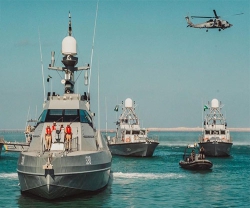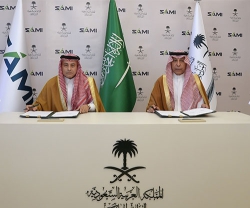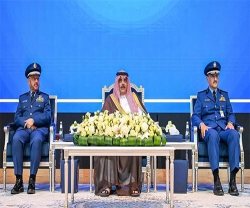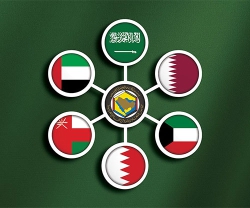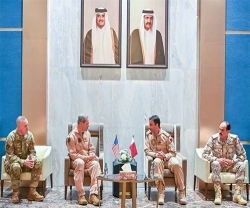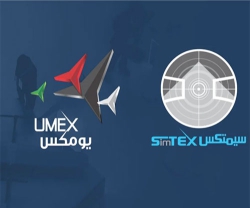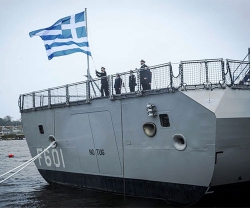Al-Arabiya TV reported that the Kingdom was contributing as many as 150,000 troops and 100 warplanes to the operations. Egypt, Jordan, Sudan and Pakistan were ready to take part in a ground offensive in Yemen, it said.
There was no immediate confirmation of those figures from Riyadh. Al-Arabiya also said the UAE was sending 30 warplanes to join the operation, along with 15 each from Bahrain and Kuwait, 10 from Qatar, six each from Jordan and Morocco and three from Sudan.
The air strikes came soon after Saudi Arabia's Ambassador in Washington, Adel Al-Jubeir, announced the operation. “We will do whatever it takes in order to protect the legitimate government of Yemen from falling,” he told a news conference in Washington.
The White House said in a statement late on Wednesday the US supported the operation, led by the Gulf Cooperation Council countries, and that President Barack Obama had authorized US “logistical and intelligence support”.
US Forces were not involved in direct military action in Yemen, a National Security Council spokeswoman said.
Fighting has spread across the Arabian Peninsula country since last September, when the Houthis seized Sana’a and advanced into Sunni Muslim areas, forcing Hadi out of the capital.
The crisis now risks spiraling into a proxy war with Iran backing the Houthis, and Saudi Arabia and the other regional Sunni Muslim monarchies supporting Yemeni President Abd-Rabbu Mansour Hadi.
A widening Yemen conflict could also pose risks for global oil supplies, and Brent crude oil prices shot up nearly 6% soon after the operation began.
Most oil tankers from Arab producers such as Saudi Arabia, the UAE, Kuwait and Iraq have to pass Yemen's coastlines via the narrow Gulf of Aden in order to get through the Red Sea and Suez Canal to Europe.
The 40 km-wide strait between Yemen and Djibouti and the Strait of Hormuz between the Arabian Peninsula and Iran are both considered chokepoints to global oil supplies by the US Energy Information Administration.
Photo: Saudi Defense Minister Prince Mohammad bin Salman at the Command Center (Al Arabiya)



